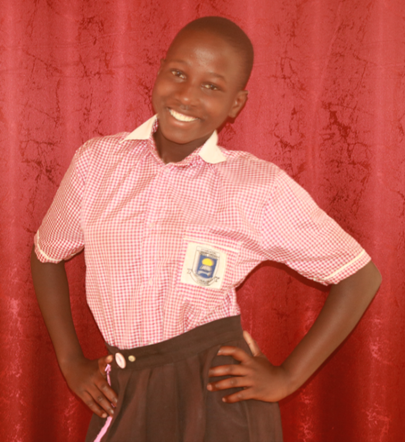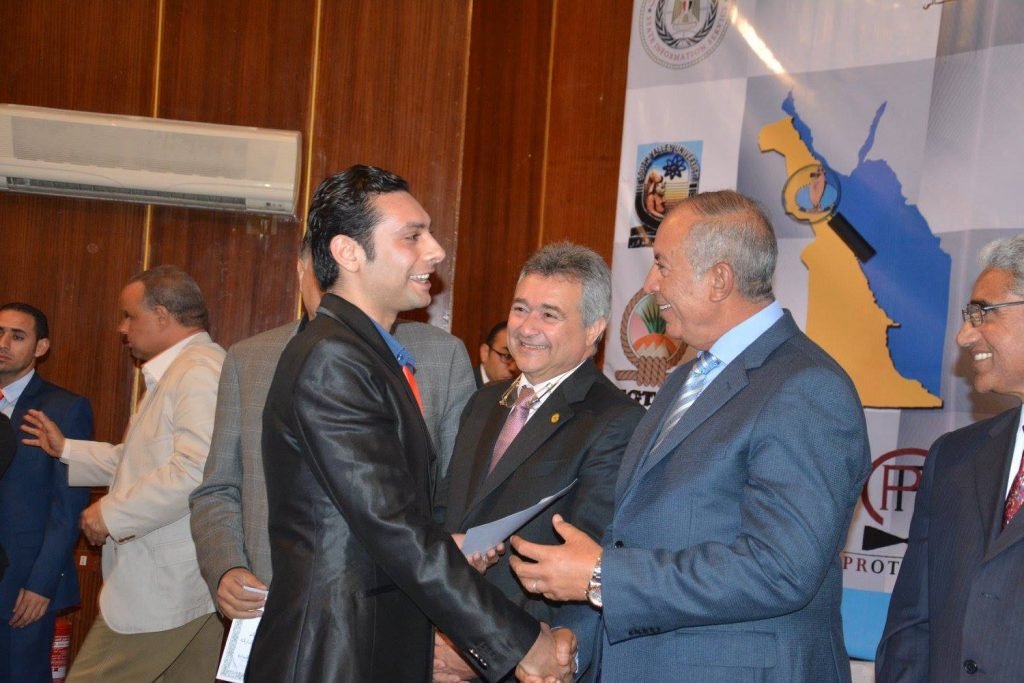Girls Leading Change: Stories of Empowerment from Rural Africa
As International Day of the Girl arrives, we celebrate the young women transforming rural East Africa. In communities where barriers are high, education and leadership are changing lives. As one observer notes, “When you educate one person, you educate an entire community.” In Kenya, Tanzania, and Uganda, programs are giving girls the tools to lead, breaking poverty cycles, launching businesses, and tackling health and environmental challenges.
The statistics paint a stark picture: 16.7 million girls are out of school in sub-Saharan Africa, about 37% of young women aged 20–24 were married by 18, and in East Africa, 56% of youth are unemployed while 95% work in low-paying informal jobs. These staggering facts highlight the obstacles girls face, yet they also show why investment is so urgent. When girls lead, communities prosper.
Education Empowers: Breaking Barriers
Education forms the foundation of change. In rural Uganda, Linnet grew up in a strict household where parents believed girls should stay home. Through scholarship programs and parental engagement initiatives, everything changed. Over time, Linnet’s parents agreed to let her attend school.
In Asante Africa’s Wezesha Vijana and Youth Livelihood Programs, Linnet learned leadership, budgeting, and health education. Soon she was teaching her siblings to read and write, and dreaming of becoming a teacher herself. “She is focused on completing her education and hopes to become a teacher and support other girls facing the same barriers she once did.”
Linnet’s journey shows how changing one mind at home can change a girl’s fate. Programs like these report dramatic knowledge gains: 93% of students say they understand how to care for their bodies and 84% have accurate knowledge about HIV prevention. These life skills keep girls healthy and in school. When girls are educated, whole families benefit. Read more about Linnet’s story.


Entrepreneurship & Leadership: Building Businesses and Confidence
Girls are also driving economic change through entrepreneurship training and practical skills development. In Kenya’s remote Turkana County, 17-year-old Alice turned a humble hobby into a business. After her family struggled with poverty, her mother earning money by burning charcoal, Alice joined the Enterprise Challenge competition.
Inspired, she started a beading business using leftover materials. Day by day she threaded beads, first by candlelight, until her products sold well. Today her business pays for her school fees, helps feed her family, and even supports her siblings. Girls in her village saw Alice’s success and launched their own ventures, from soap-making to basket-weaving. Alice’s message is powerful: “Your background does not define your future.”. Alice’s resilience, courage and entrepreneurial spirit were recognized as she received the Amal Clooney Women’s Empowerment Award in June.
In Tanzania, Nasra, a 20-year-old from Lushoto, took a similar path. Not in school and working long hours at home, she joined our Digital Employability and Entrepreneurship Program (DEEP), where she learned digital literacy and business skills. Within months she opened a small neighborhood retail shop selling clothes and goods.
With about $325 in start-up capital, Nasra now earns $5–10 per day. This income covers her siblings’ school supplies and household needs. As Nasra reflects, without this support her life “would have taken a very different turn, possibly even early marriage.” Instead, she is a proud entrepreneur and is even teaching digital skills to other youth in her community. Nasra’s story
The impact extends far beyond individual success stories. Across East Africa, 92% of program participants develop clear career or business plans, and 44% launch small businesses at home. Remarkably, more than half (57%) tackle climate issues, starting environmental or sustainability projects of their own. These figures show that education programs aren’t only teaching business skills but inspiring social entrepreneurship, with young people using their new abilities to solve the challenges unique to their local communities.

Health, Sustainability, and Innovation

Girls are leading change in health and community resilience too. In Uganda, one school’s girls solved a problem that often forces girls out of class: lack of menstrual products. At Kyabakulungo Primary School, students formed a club and pooled about $13 to buy 100 banana suckers. Together they planted and cared for the banana grove, intending to sell the harvest to fund sanitary pads for their peers. Planting Seeds of Change
The project became a symbol of their resilience and teamwork as they balanced schoolwork with tending the farm. Accelerated learning programs complement these efforts by strengthening classrooms with technology and teacher training. The results are striking: in 2024, 88% of students reported feeling comfortable with technology, and 95% started their own side businesses based on what they learned.
These programs illustrate a simple truth: when girls learn practical skills, they apply them to real problems, from health to the environment. As UNICEF notes for International Day of the Girl, girls around the world are “organizing in their communities, fighting for climate justice, and demanding an end to violence.” The young women of Kenya, Tanzania, and Uganda are doing exactly that, applying their education to build better futures.
Looking Forward: The Ripple Effect of Investment
These stories of Alice, Nasra, Linnet, and countless others offer hopeful proof that empowering girls changes everything. As UNICEF emphasizes, “Investing in girls is one of the smartest actions we can take, with high returns for girls, their communities and entire economies.”
Every girl who gains knowledge or business skills reinvests it in her family and neighbors. As Charles Waigi, retired educator and former Board Chair for Asante Africa in Kenya, puts it: “Educated minds will collectively find better solutions to whatever problems their communities face.”
The path forward is clear. We must expand programs that keep girls in school, provide entrepreneurship training, and tackle local challenges. The girls of rural Africa are already driving change, teaching others, innovating in adversity, and proving that when girls thrive, communities prosper.
On this International Day of the Girl, let us celebrate these leaders and commit to specific action:
-
- Support scholarship programs that remove financial barriers to education
- Fund skills training initiatives that teach digital literacy and entrepreneurship
- Invest in community engagement that changes minds about girls’ potential
- Champion programs that address practical challenges like menstrual health
With continued investment and belief in their potential, there is no limit to what these young leaders can achieve. The ripple effects of their success will transform not just their own lives, but entire communities across rural Africa.



